Accounting Seat™ – Embedded Offshoring
- Plug-n-Play accounting resources
- Subscription model – No long-term contracts
- Tap into global accounting expertise
- Embedded Offshoring: Our team works within your systems—just like an in-house resource.
Subscribe Today!
Leading Global Accounting Outsourcing Firm
Accounting Seat by Finsmart Accounting is specially designed for Accounting & CPA Firms and Global Corporates. This model aims to permanently solve staffing challenges in the Accounting Industry. We provide Bookkeepers, Tax Preparers, and Accountants on a subscription model.
With over 15 years of experience, we have championed the outsourcing model. We follow compliance-first accounting practices with strict adherence to regional laws and accounting standards. We also ensure customer delight through timely delivery, the highest level of security, and efficient operations. With AI-powered technology and human judgment, we ensure you get accuracy in the services, with the highest attention to detail.
Finsmart Accounting at a Glance:
Our Strengths
WHAT WE OFFER
Accounting and Financial Services on Offer
OUR TECH EXPERTISE
Accounting Platforms We Work On
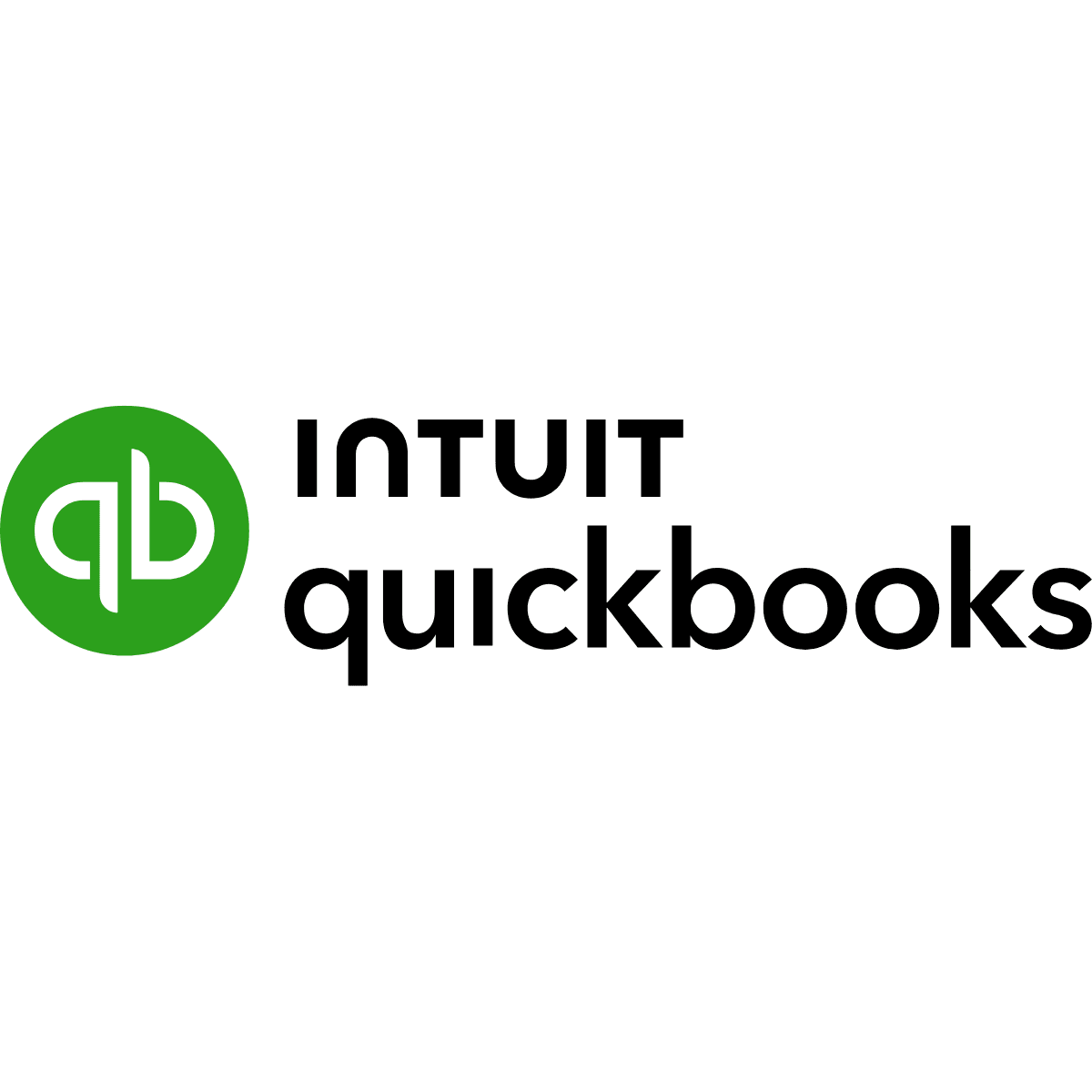
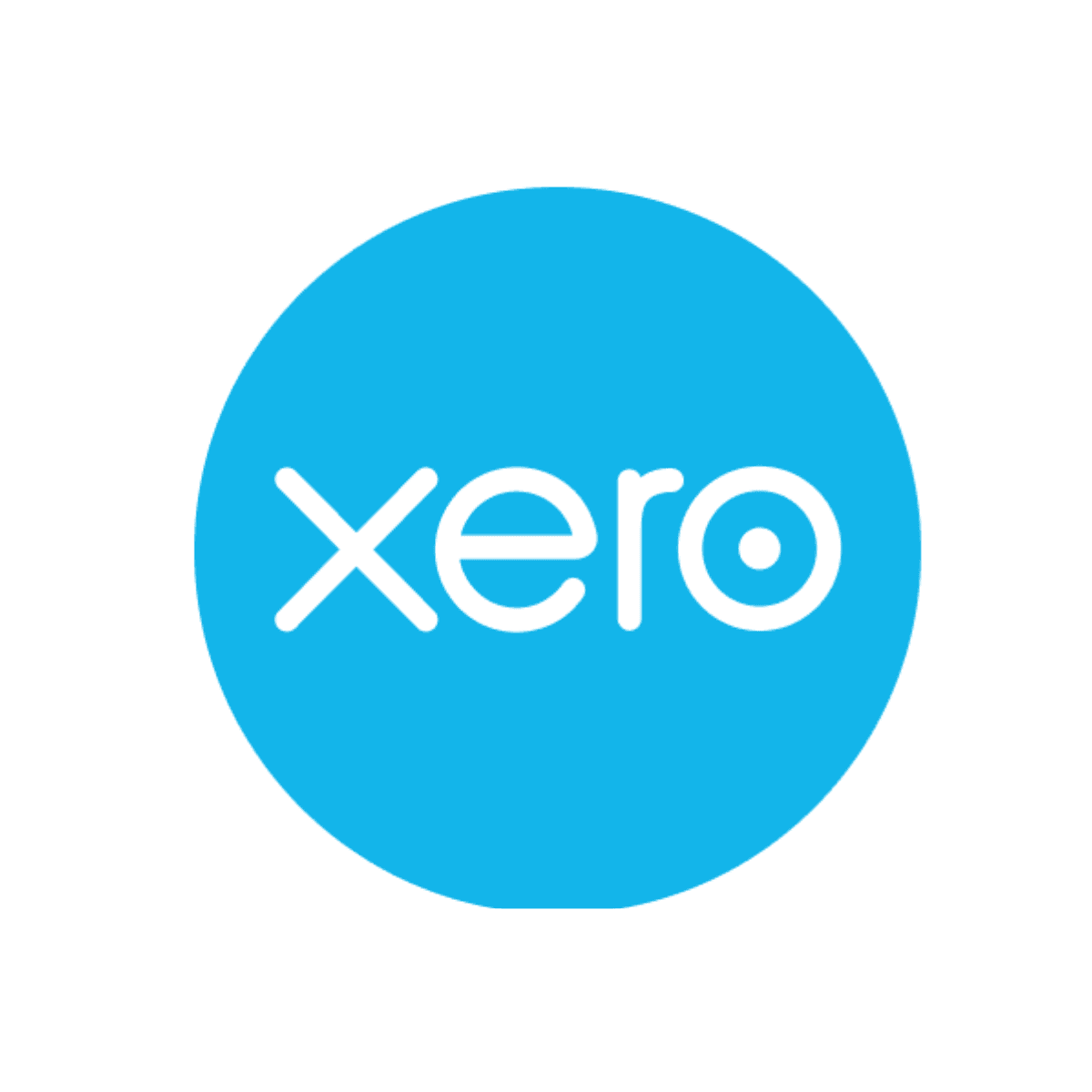
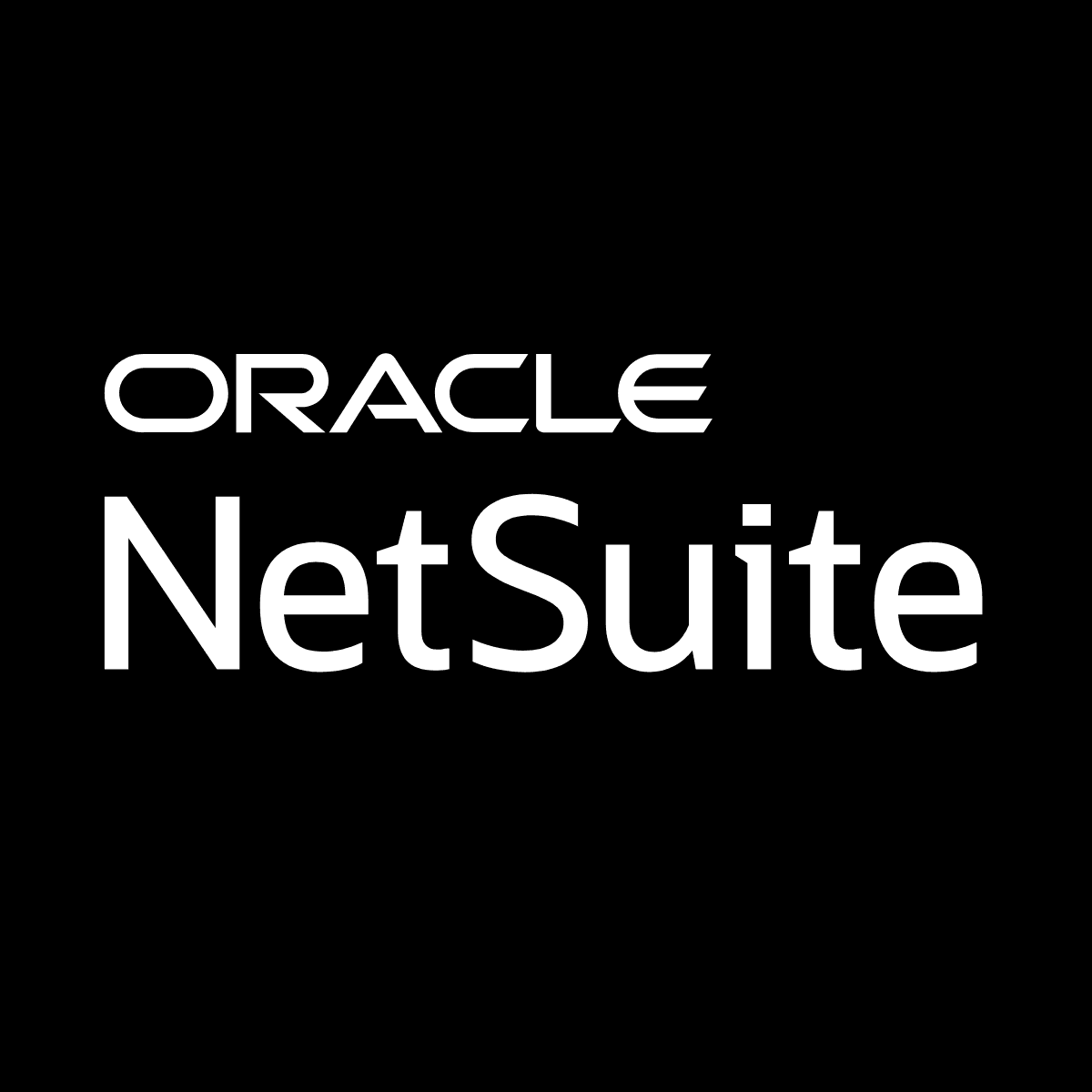
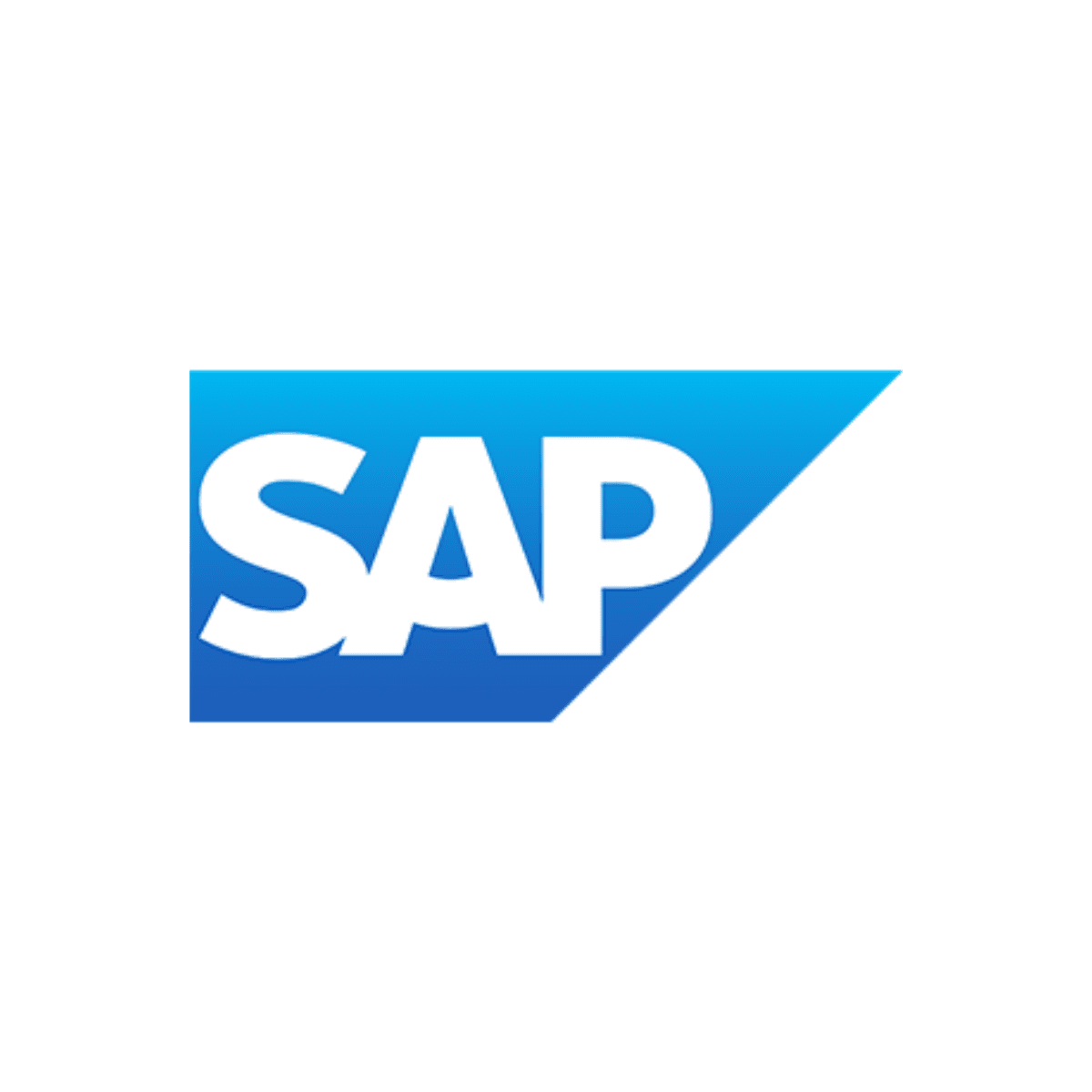
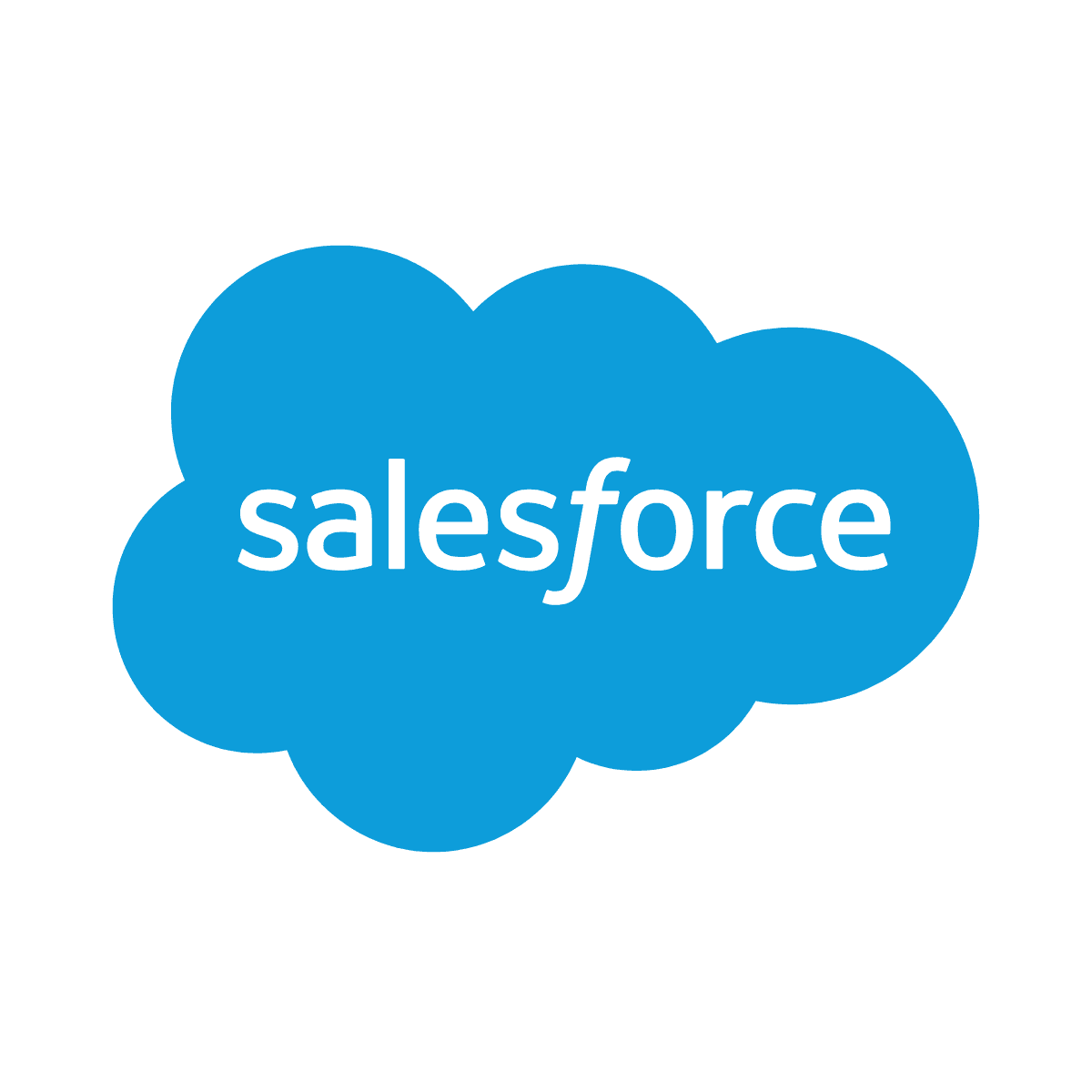
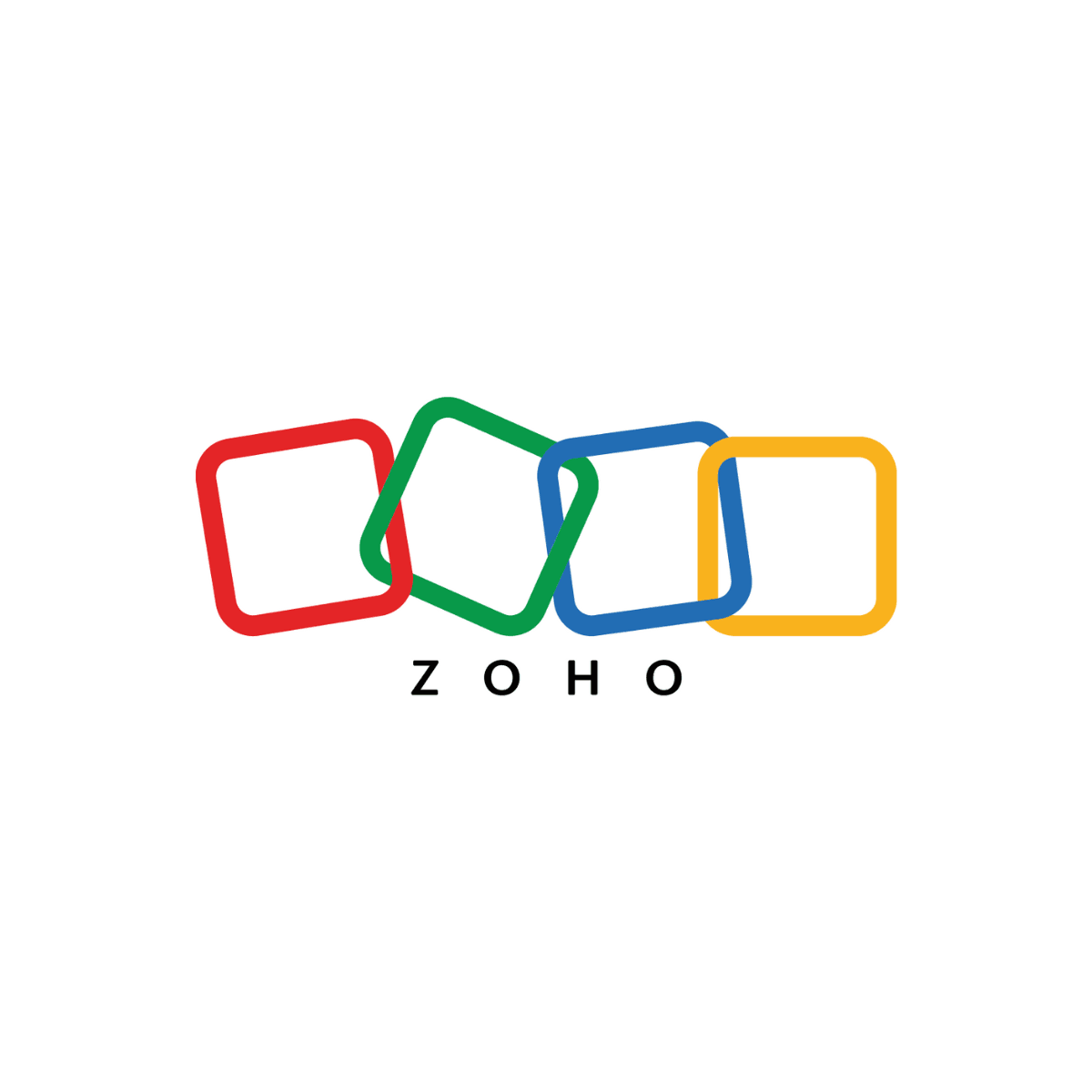
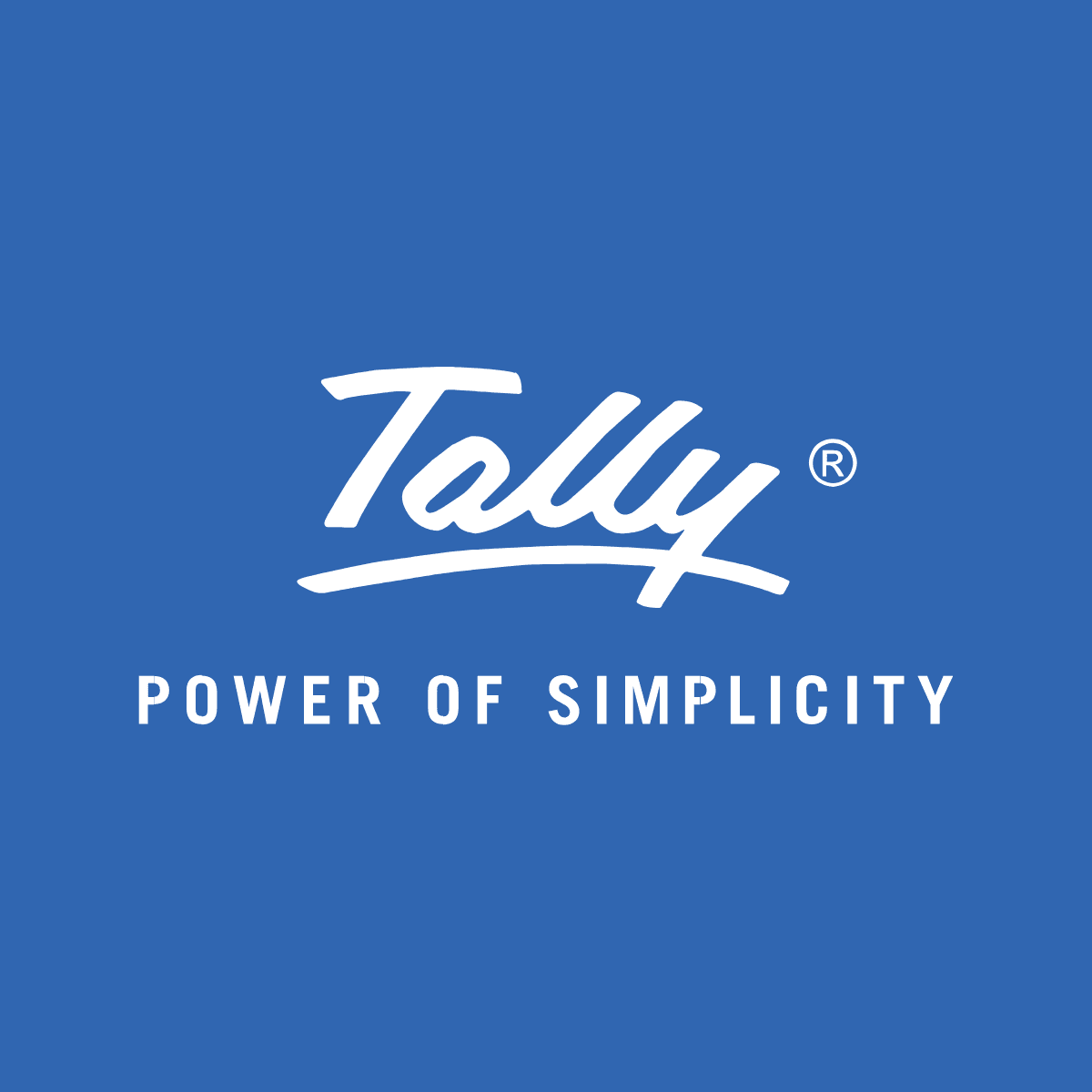
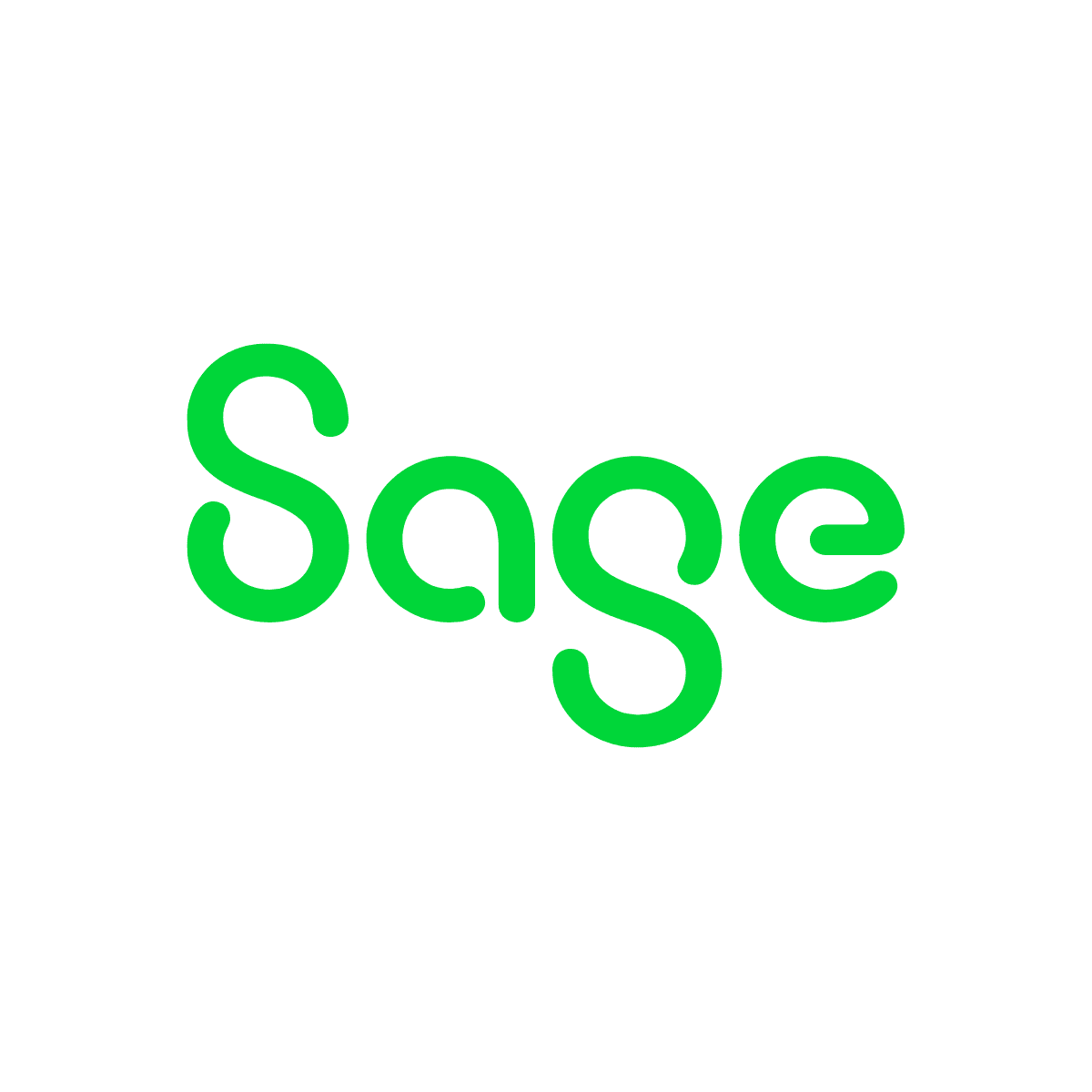
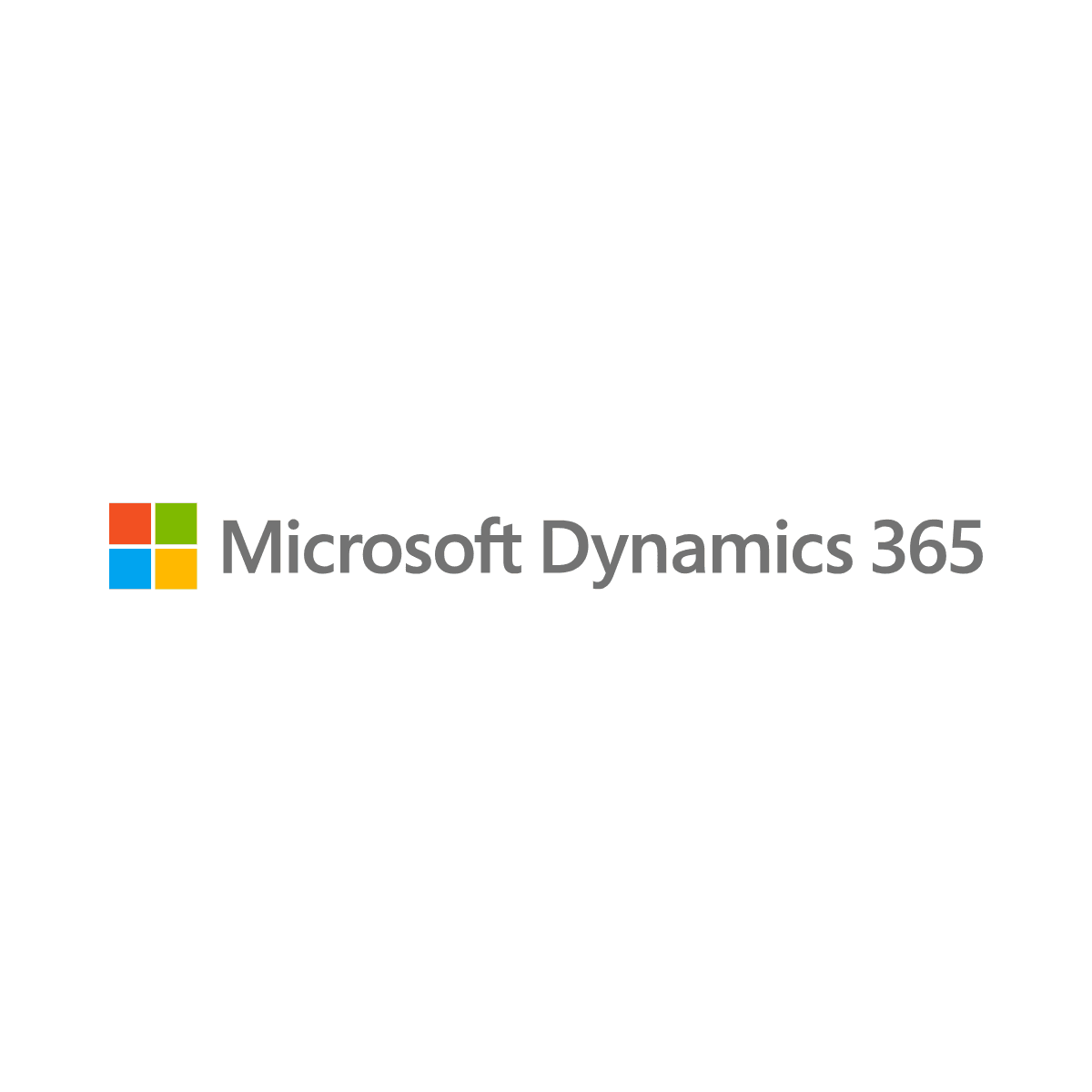
TECH EXPERTISE
Smart Accounting Addons.
-
Finsmart Accounting bookkeeping and accounting outsourcing services are integrated with several cloud add-ons to provide you with world-class service in your platform of choice
-
Seamlessly collaborate from any part of the world and benefit from the leading outsourced bookkeeping experience, where we automate financial functions and maximizing profits

















WHY CHOOSE US
Our Differentiators
Domain Expertise
Not only are our expert offshore accountants qualified, while strictly adhering to GAAP, but they are also constantly learning to keep themselves updated on the latest changes in modern accounting standards.
Flexi-Tech model
Finsmart Accounting guarantees expertise across several leading accounting software and new-generation cloud-based tools and apps. The technology helps in the seamless transition of data from both ends.
Flexi-Scale model
Finsmart Accounting offers scalable remote accounting teams with the right sizing options to meet your evolving requirements. Whether you are based in Mumbai, New York, or anywhere else in the world, our offshore team of accountants and bookkeepers in India, can get the job done.
Secure-Link solution
To ensure the privacy of our clients’ data, we provide need-based access to the team members at both ends. With Finsmart Accounting, offshoring is super safe. That is why, we are trusted globally for accounting outsourcing to India.
Client Connect
At Finsmart Accounting, we believe in constant and continued communication to understand your business objectives and deliver the results you desire.
TESTIMONIALS
What Our Clients Say About Us
Alicia Hoffman (CPA) Reviews Accounting Outsourcing Services from Finsmart Accounting, India
In this accounting outsourcing review video, Alicia Hoffman represents a Austin based accounting firm and shares her experience working with Finsmart Accounting
Watch the video to hear her talk about how Finsmart’s team helped the Texas based accounting firm with their accounting and transaction needs.
From Overwhelmed to Empowered: Adrienne Dove's Experience with Finsmart Accounting
Join Adrienne Dove, a successful accounting firm owner, as she shares her inspiring story of overcoming capacity challenges and achieving remarkable growth with Finsmart Accounting.
Watch now and learn from Adrienne's journey! In this testimonial video, Adrienne reveals the struggles she faced with capacity constraints and how Finsmart solved them.Discover how Finsmart Accounting can help you: to break through capacity barriers and scale your accounting firm.
INSIGHTS
Trending Accounting Blogs
Hiring Offshore Tax Accountants: What You Need to Know
Hiring offshore tax accounting is not just about cost efficiency. It’s about your firm’s survival. Rebecca Santiago never wanted to go offshore because she believed it was one way to…
5 Trusted Firms to Hire Offshore Accounting Staff in 2025
If you’re like most accounting firms, you’re not just looking for an offshore firm to fill your vacant roles; you want a trusted, integrated partner who can be an extension…
Accounting Manager Job Description: Sample, Skills & Team Leadership [+ Free Job Template]
The accounting industry is evolving not just in terms of digitalization and Artificial Intelligence. Several other factors have been playing a key role in terms of how we perceive the…
Accounts Receivable Manager Job Description: Responsibilities & Team Impact [+ Free Job Template]
“Trust starts with you. The level of vulnerability you are willing to show sets the tone for everybody else. When you are open, emitting certainty, celebrating lessons from failure, and…
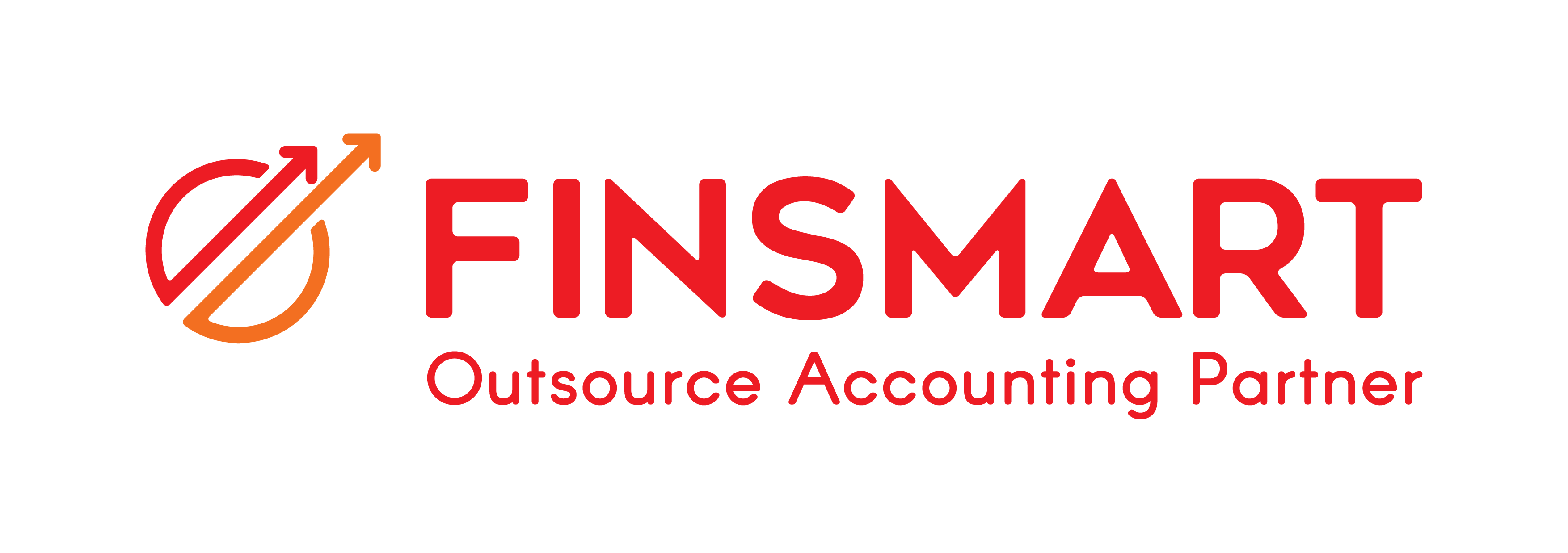





![Accounting Manager Job Description: Sample, Skills & Team Leadership [+ Free Job Template]](https://finsmartaccounting.com/usa/wp-content/uploads/sites/13/2025/06/rsz_workplace-team-cooperation-businesswoman-laptop-office_1-1024x683.jpg)
![Accounts Receivable Manager Job Description: Responsibilities & Team Impact [+ Free Job Template]](https://finsmartaccounting.com/usa/wp-content/uploads/sites/13/2025/06/rsz_closeup-marketing-expert-using-calculator-1024x683.jpg)